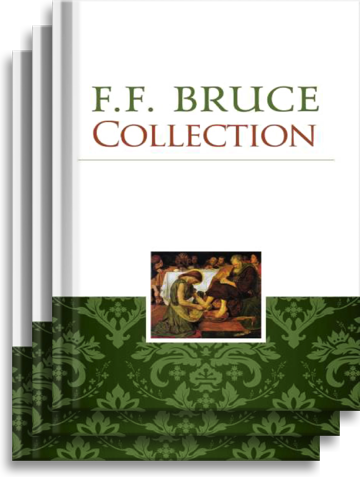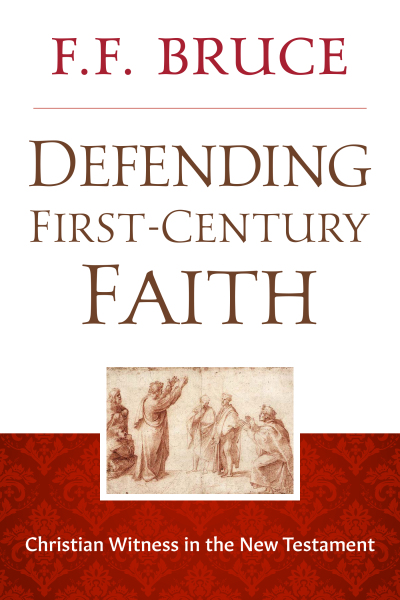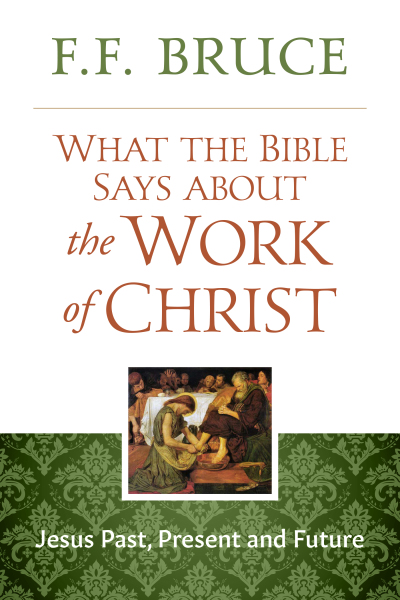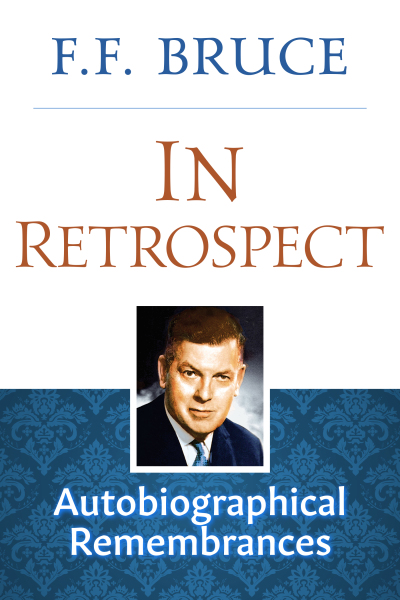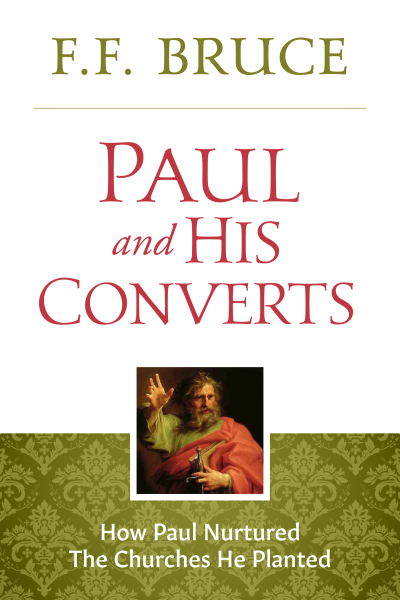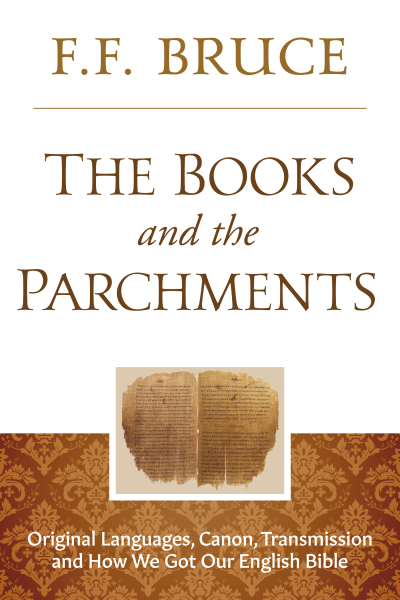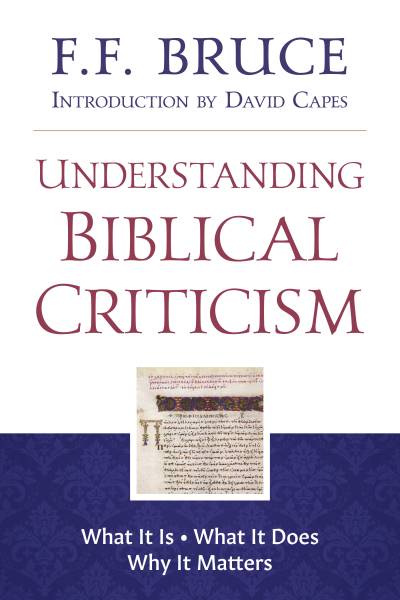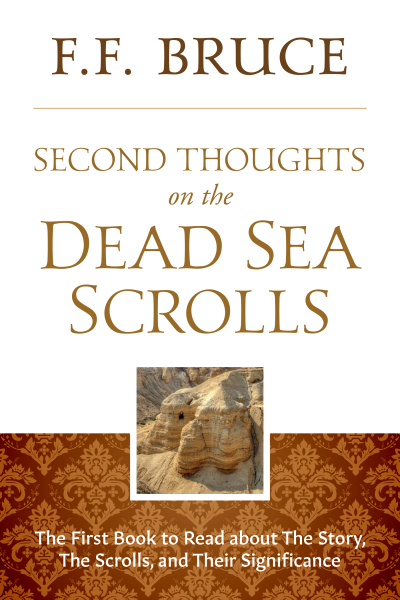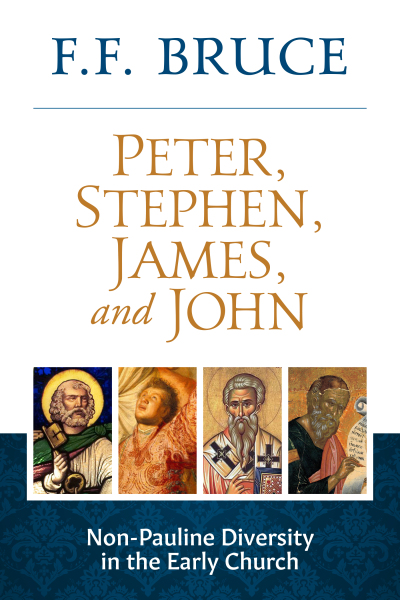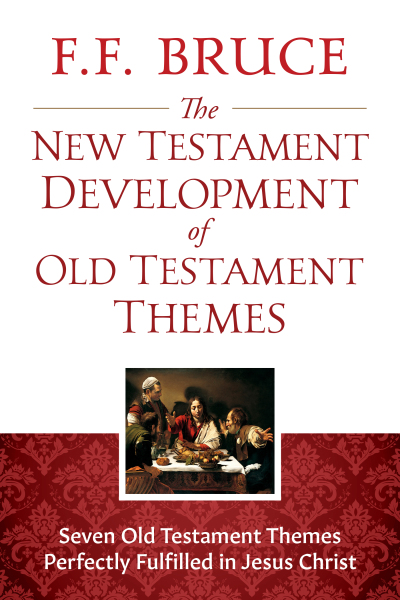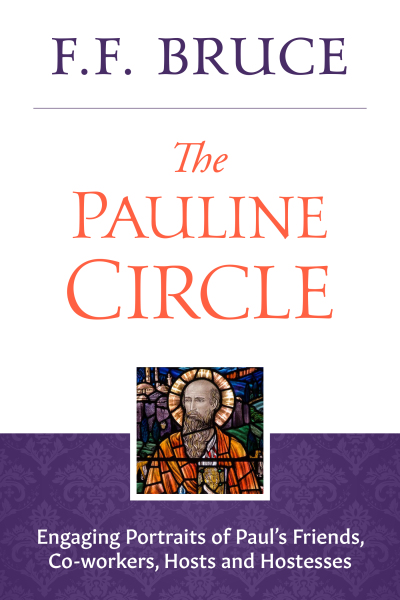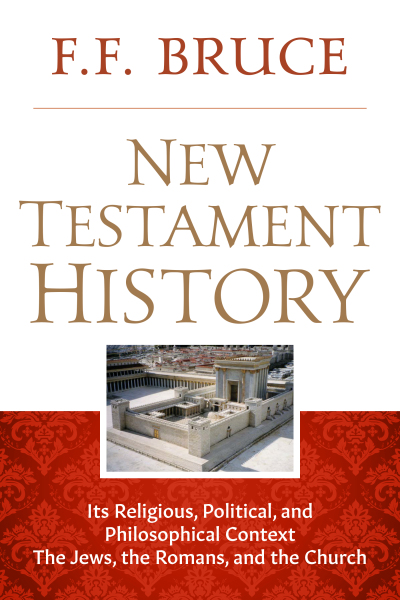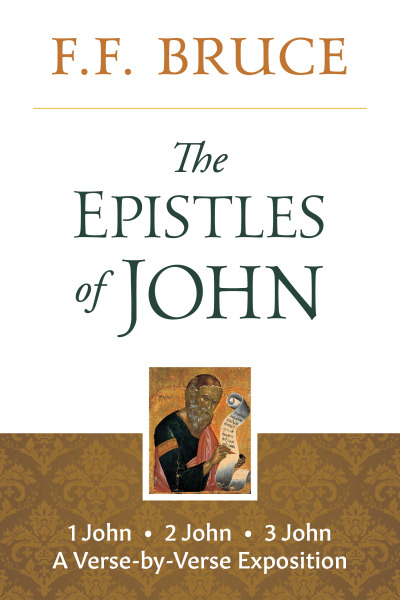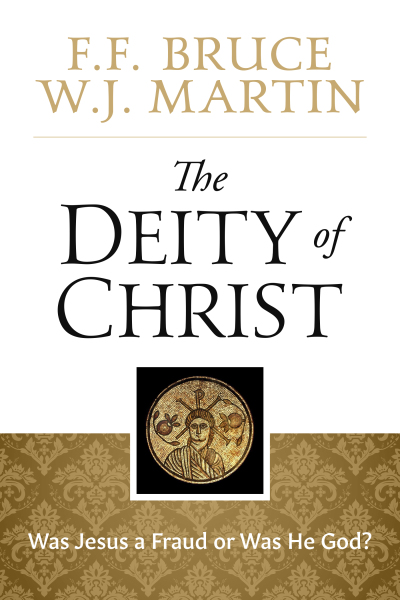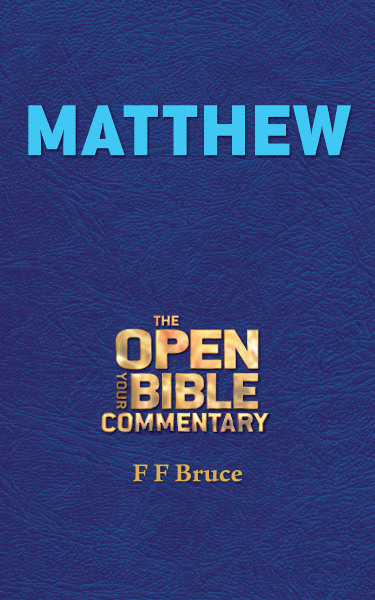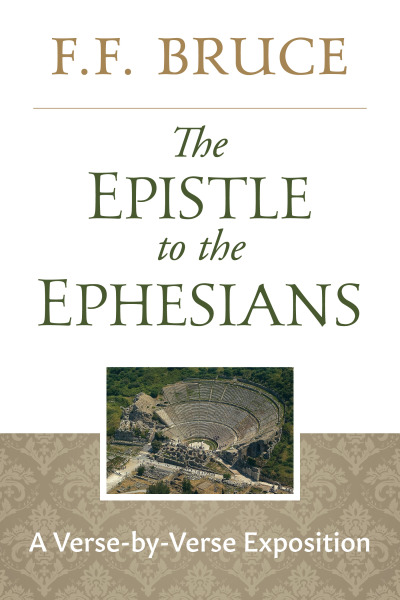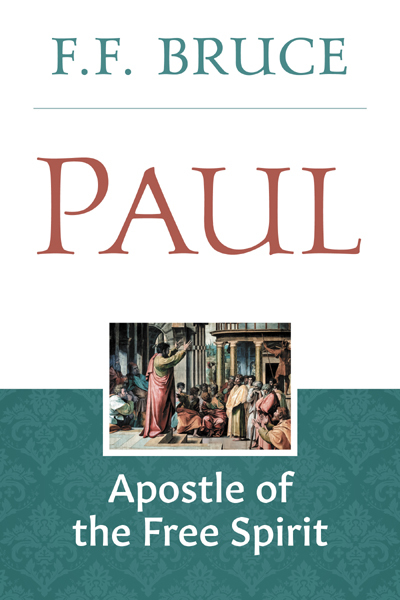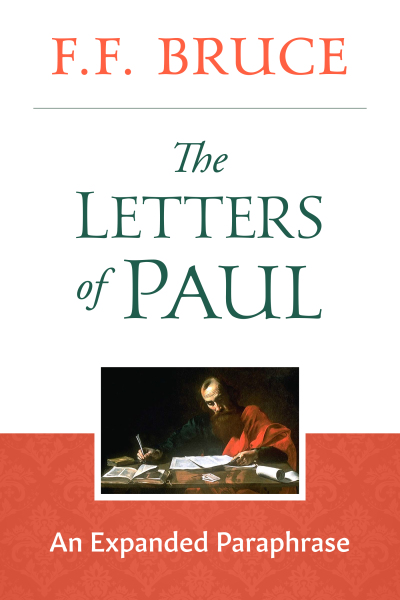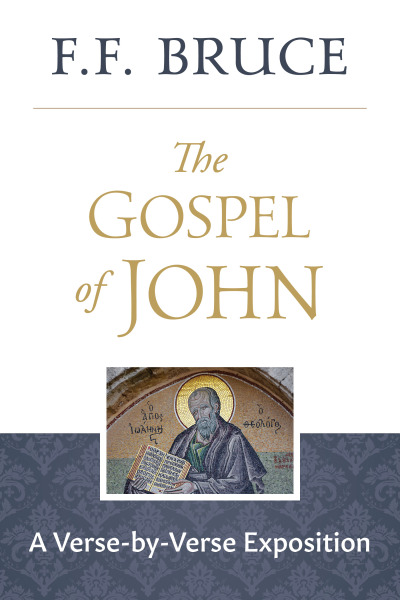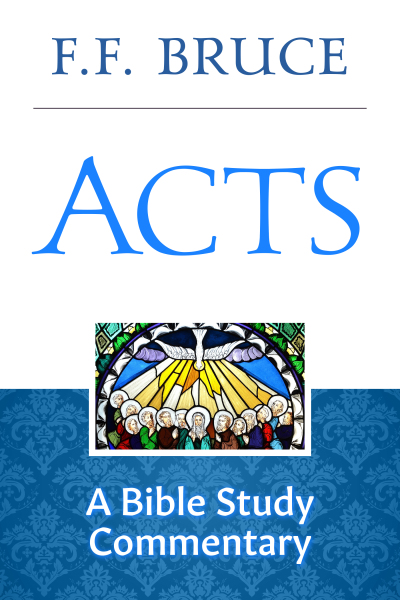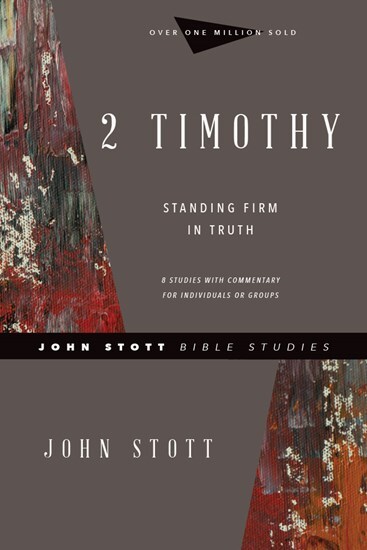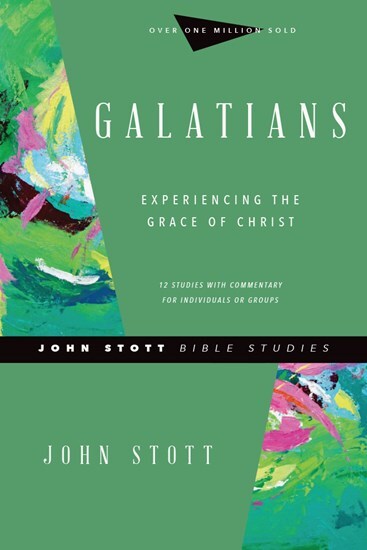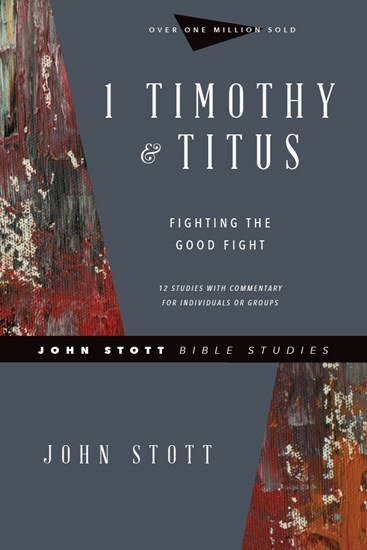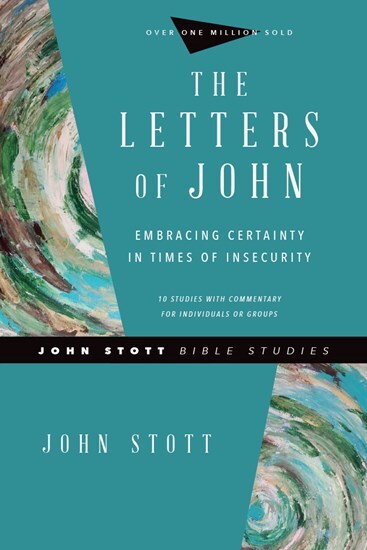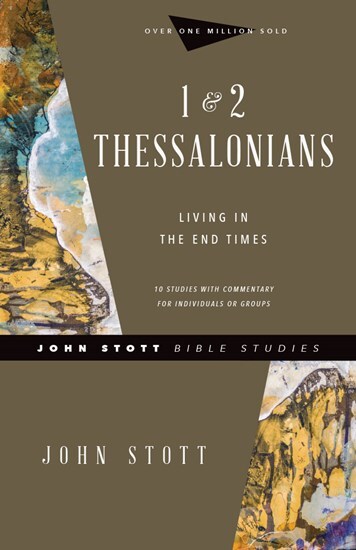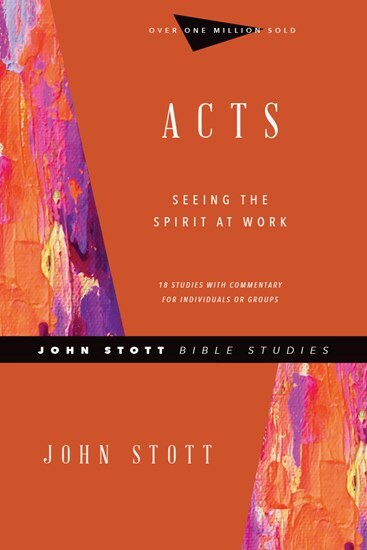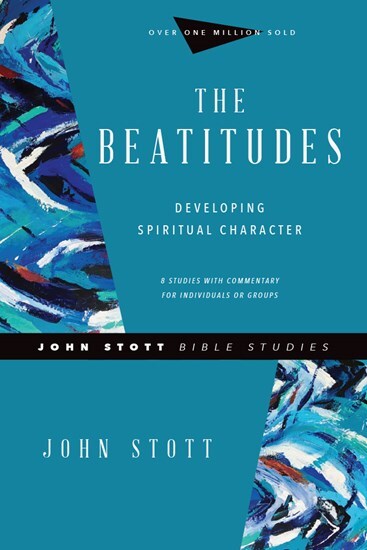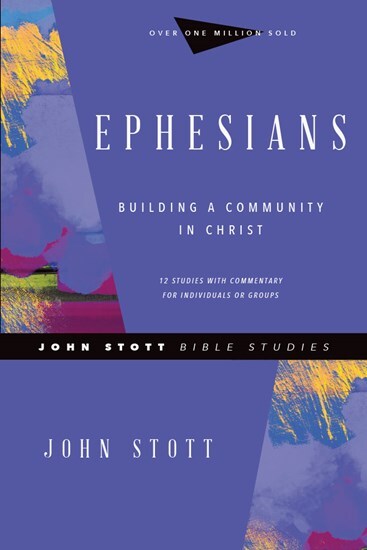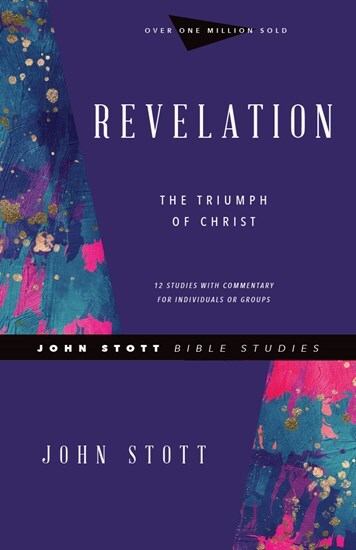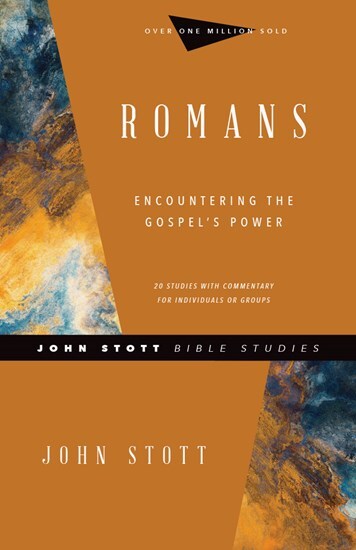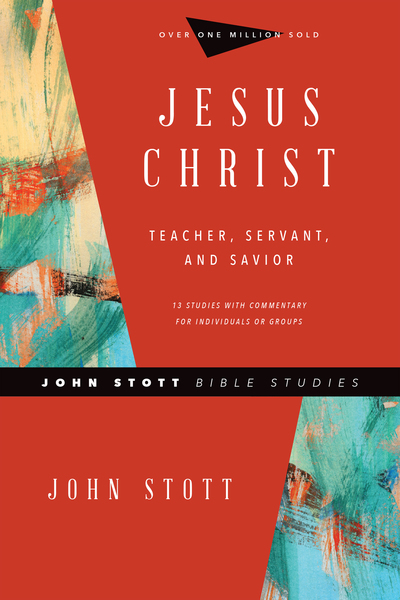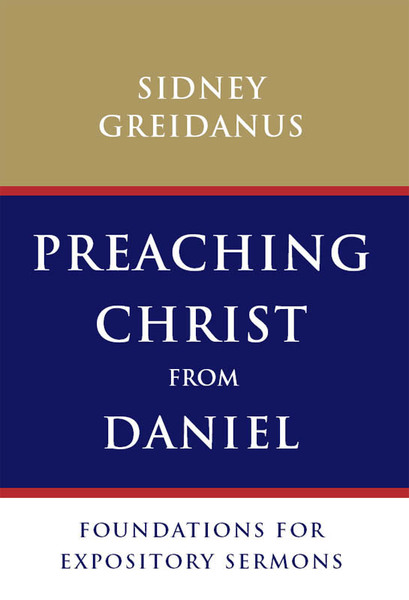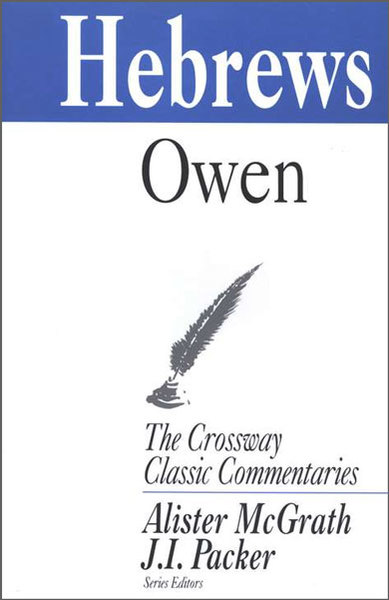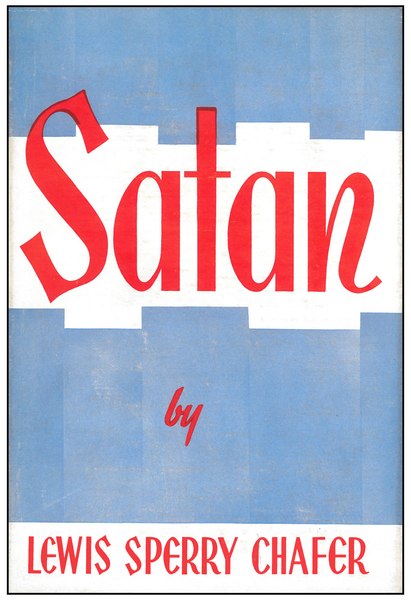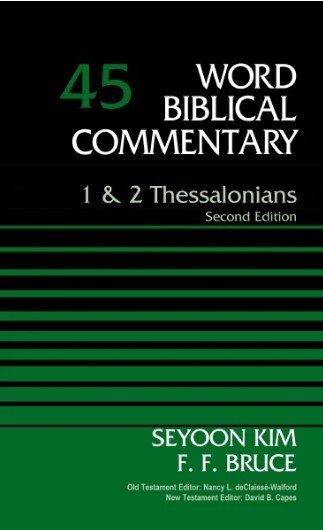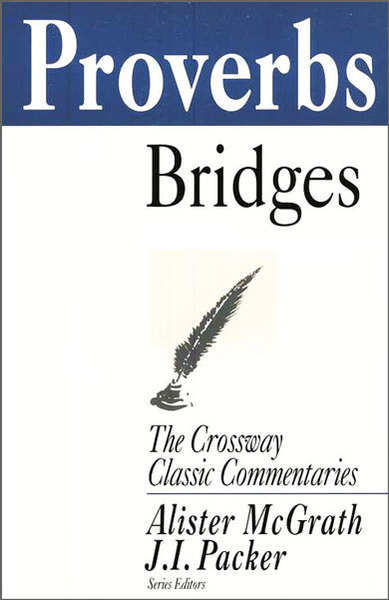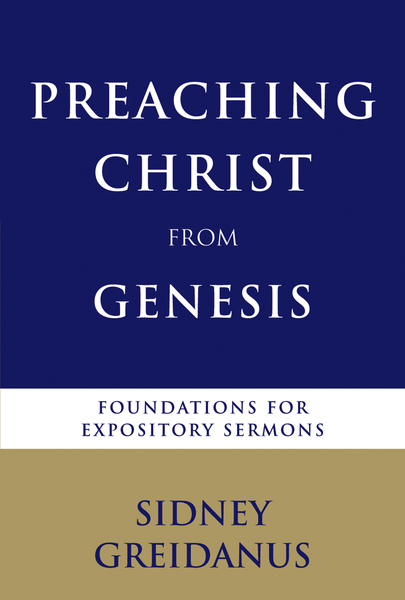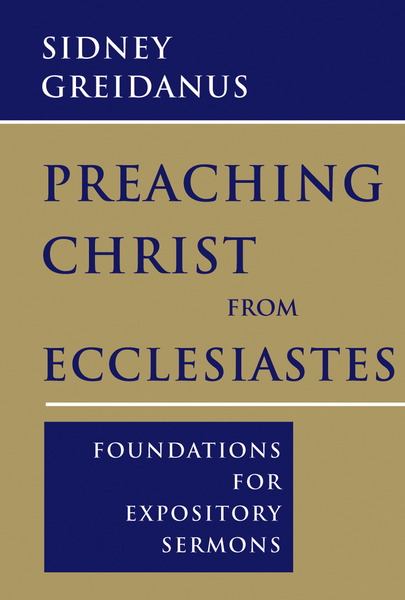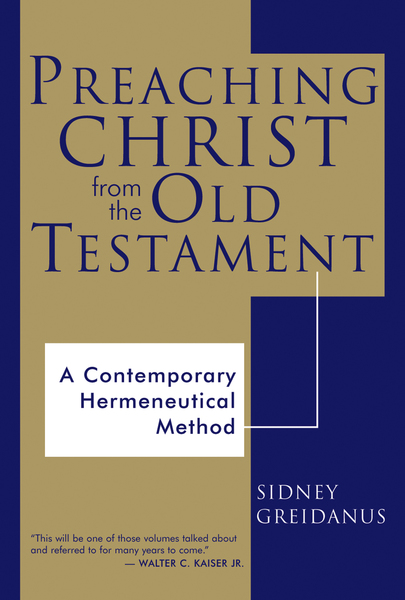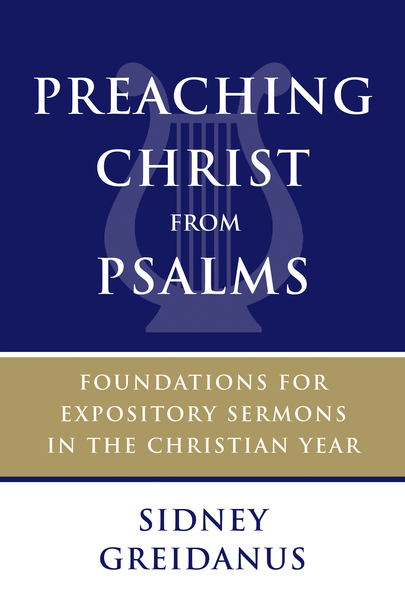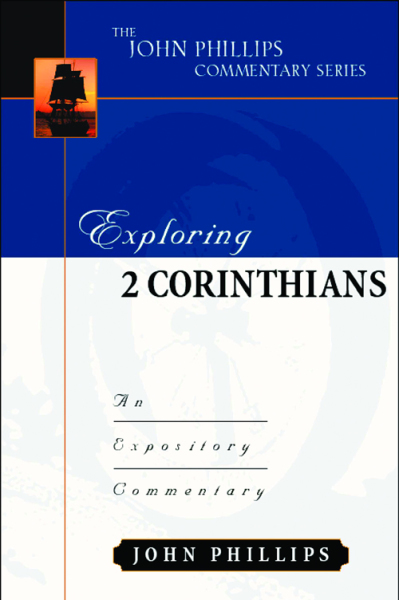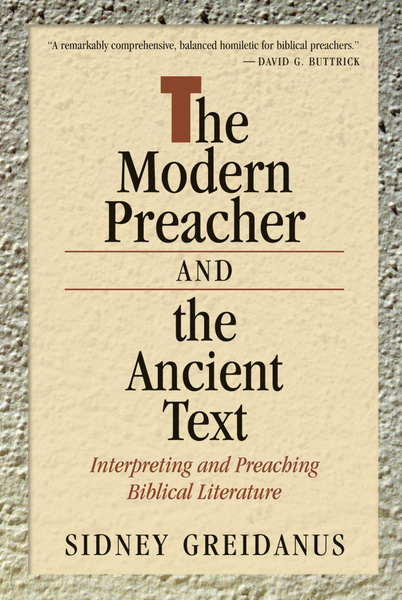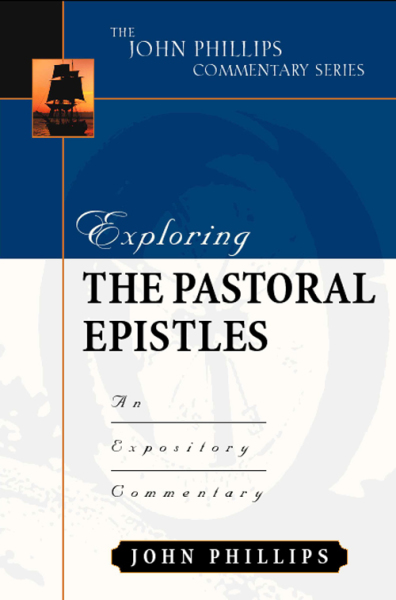

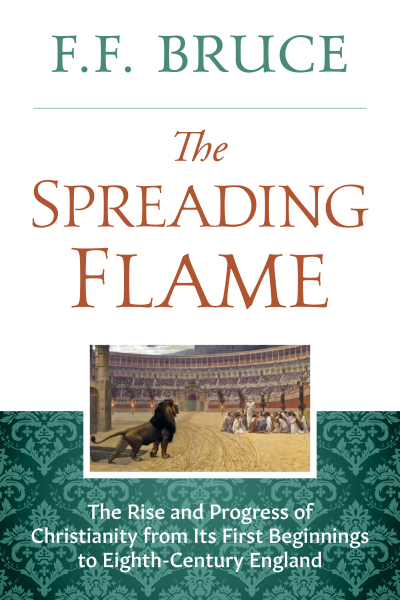

Covering the period of church history from its infancy to the conversion of the Enlgish in AD 800, this story of the early Christian church pictures an unquenchable spiritual force organized for tribulation, with spiritual resources never stronger than in times of seeming disaster. Bruce gives the reader a feel for the evangelistic fervor of the Apostles and the early Christians in a narrative filled with solid, well-reasoned, richly researched facts.
The first section, "The Dawn of Christianity," deals with the Church from infancy to the fall of Jerusalem in A.D. 70. The next section, "The Growing Day," continues the story through the accession of Constantine in A.D. 313. The final section, "Light in the West," covers Christianity in Rome and its spread to the British Isles.
The Spreading Flame "gives us a concise and very readable account of the origins of the Christian Church, its chequered history, the heresies which challenged it, as well as the development of its worship, discipline and government," said The English Churchman. "The way in which Bruce conveys the sweeping narrative of the New Testament is simply enthralling. I found myself not being able to put the book down," said blogger and campus minister Chris Hall.
F.F. Bruce (1910-1990), known as the dean of evangelical scholarship, had a passion for proclaiming the Bible as God’s guide for our lives. He was Rylands Professor of Biblical Criticism and Exegesis at the University of Manchester in England. A prolific writer, his commentary volumes and other works are considered classics. His work New Testament Documents: Are They Reliable was selected by Christianity Today as one of the top 50 books of all time which shaped evangelicals. Bruce combined an immense contribution to evangelical scholarship with a passion for proclaiming the Bible as God’s guide for our lives. He used his great knowledge to explain the Bible simply and clearly.
